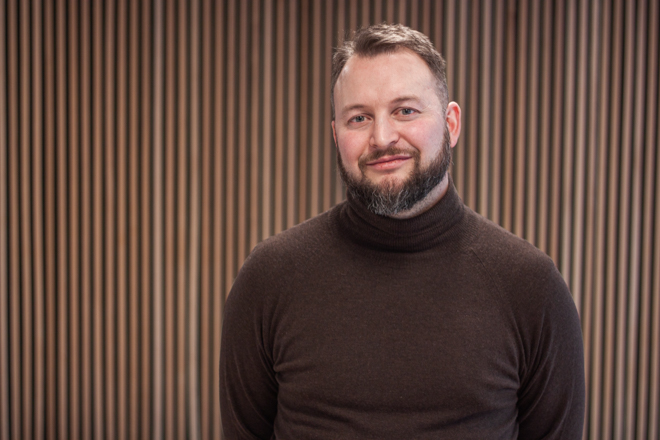Every year, around half a million international migrants are required to return to their home countries from the Schengen area, but according to the available statistics, the percentage who actually return home is quite low. For citizens whose country of origin is outside of Europe, this amount has been less than 20 percent in recent years. These figures from the European Court of Auditors once again make clear the importance of a functional return policy and how difficult it is to achieve.
A prerequisite for such a policy is good collaboration with the authorities in the country of origin. As a rule, the country’s embassy must confirm the migrant’s nationality and issue travel documents before the return can take place.
“Returning migrants without a residence permit requires that you know where they are, but also who they are, and that this is confirmed by the authorities in the country of origin. This means that a well-functioning return policy involves not only administrative capacity and logistics, but also proper identification and diplomacy,” says ISF research Erlend Paasche. Paasche coordinates the research project NORMS, funded by the Research Council of Norway and UTENRIKS programme and focusing on international returns.
Important source of income
Paasche was invited to the UDI’s Embassy Seminar in October to present the research project and discuss the theme with key stakeholders in the area of returns. The participants included high-level representatives of the police and UDI, foreign ambassadors in Norway, embassy staff from Norwegian embassies abroad, as well as the director of the UN agency International Organization for Migration (IOM)’s Regional Office for the EU, Norway and Switzerland.
Paasche explains that the issue of return and readmission is politically sensitive in origin countries, partly because migrants’ remittances are an important source of income. The European Commission has therefore gradually moved towards more informal return agreements, offering incentives for cooperation and, to some extent, threatening sanctions against countries perceived to be uncooperative.
Not just interests and power
The NORMS project takes a different approach. It examines not only the interests and instruments of power of the various stakeholders, but endeavours to understand them in view of the numerous and conflicting norms in this policy field. These norms – understood as collective, inter-subjectively shared expecations of appropriate behaviour for relevant actors – can affect policy effectiveness, including the implementation of readmission agreements, believes Paasche.
“The normative standards that govern return policy design and implementation are not universal. How is Europe’s return and readmission policy viewed among public officials tasked with readmission in origin states, at various levels of governance and in different departments and roles? To what degree is policy effectiveness patterned by differing views on its legitimacy? These are important questions that can only be answered by listening carefully to both sides,” explains Paasche.
Interest from those in the field
During the seminar, Paasche presented the project and highlighted a number of sociological perspectives on return and readmission, before taking part in a panel debate with two ambassadors and the head of IOM’s Regional Office for the EU, Norway and Switzerland.
“It was an honour to be invited and a fantastic opportunity to meet many of those we need to talk with and learn more from over the next four years,” he emphasises.
Contact with interest groups is an important part of the project and Paasche points to the discussions with embassy staff as being of particular value during the seminar.
“I also received several invitations from members of the audience to present my research in other settings. It’s nice to see that those who work in this field consider the NORMS project to be relevant,” concludes Erlend Paasche.



